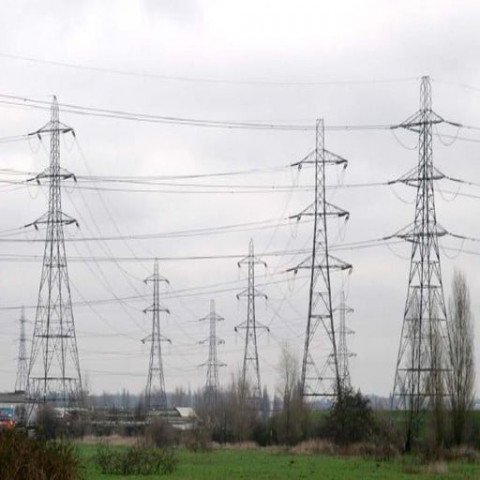A plan for power
The government is finally willing to work on an action plan to solve the power crisis at the institutional level.

There are, however, legitimate concerns about the government’s implementation capabilities. Eliminating unsustainable subsidies is a fine idea so long as it is coupled with more effective bill collection, something the government has been an abject failure at to date. The result is that uncollected bills keep rocketing higher, forcing the few honest citizens to pay for the many thieves and crooks. And then, of course, there are those to whom no bills can be presented because they steal outright from the transmission lines. The government sorely lacks the ability to make people do what they must. The problem of thievery has plagued the power sector for ages. We would venture a guess that the time for politely knocking on doors and saying please and thank you has past. The government has, in theory, a monopoly on the use of force; it should utilise that capability to make people pay for what they use. Otherwise, no tariff hike will be enough to stop the bleeding of red ink in the power sector.
Published in The Express Tribune, October 10th, 2010.














COMMENTS
Comments are moderated and generally will be posted if they are on-topic and not abusive.
For more information, please see our Comments FAQ